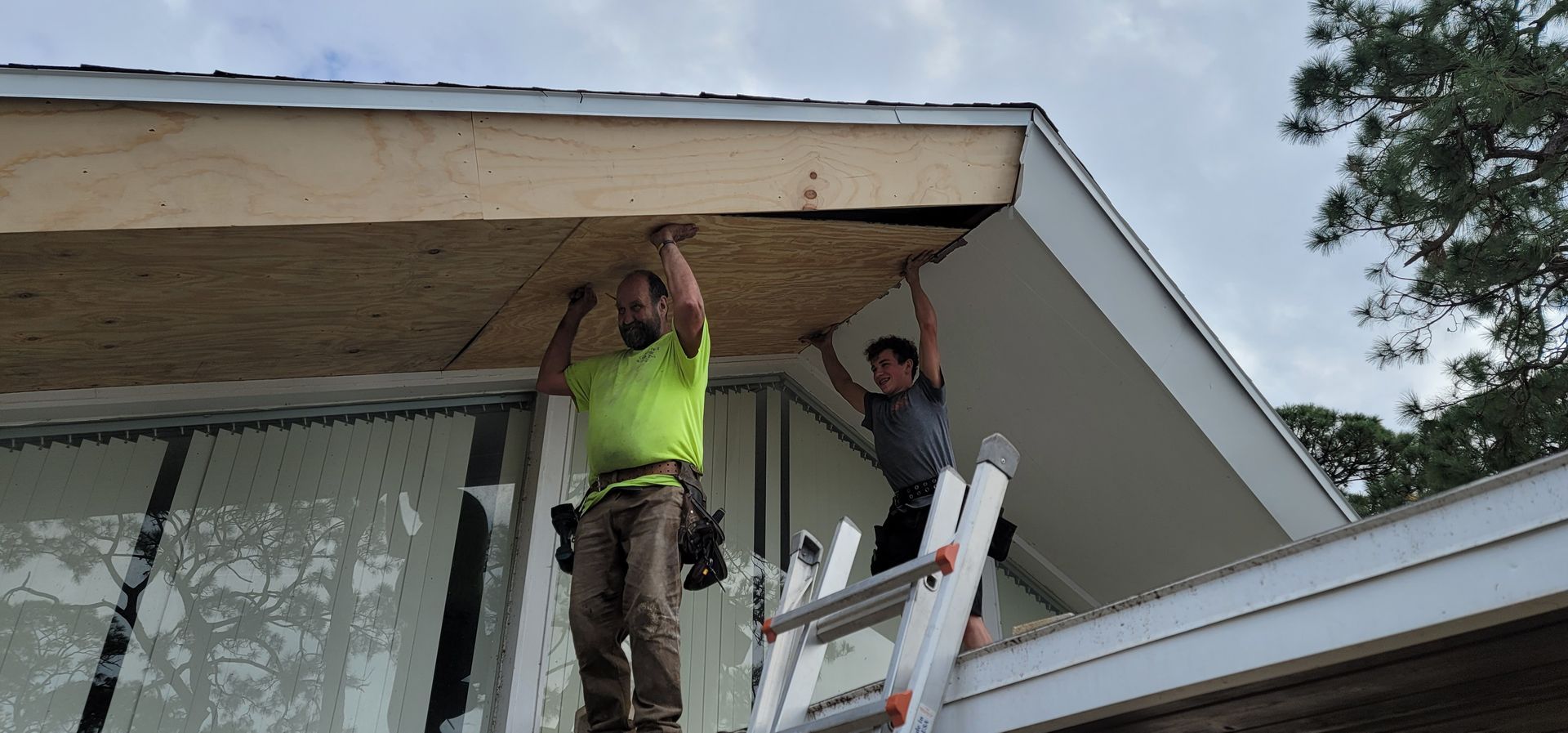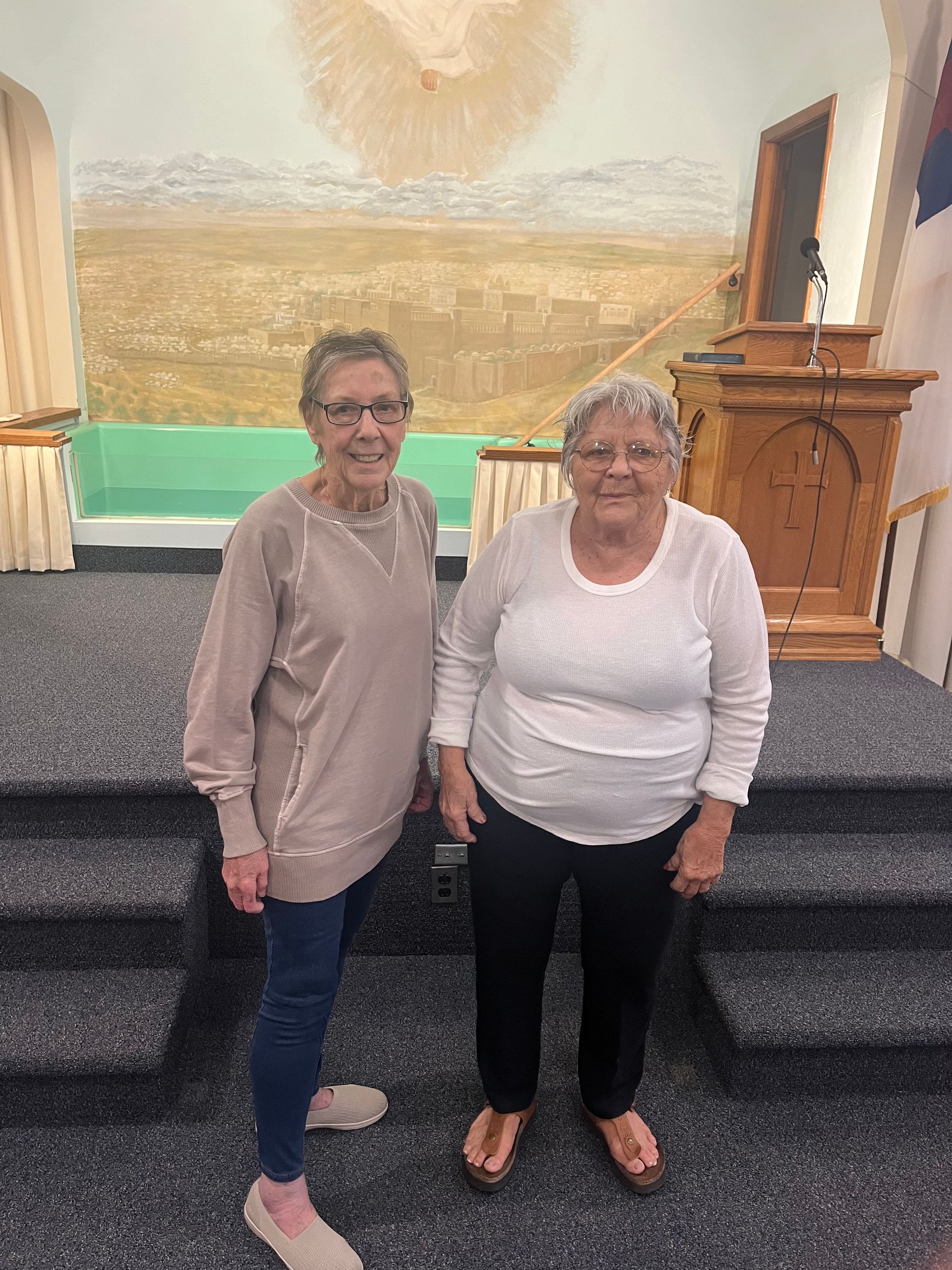A Day in the Life of a Hospital Chaplain
At times in my childhood, my father worked as a full-time paid pastor, a bi-vocational pastor/banker, and even a church-planter living off fund-raised income. I had plenty of examples of how to financially support my family while following my call to ministry. Even with all those options, I chose a different path and intentionally became an unpaid pastor of a small house church.
By the end of seminary, I knew that was where I was headed. I therefore needed a plan to financially provide for my family while starting new churches. I lamented that I had just spent three years sharpening a particular set of skills that were not very marketable outside the church (or so I thought). After some time of soul searching and trying out two short-lived career opportunities, I finally ended up where I am today.
I currently work full-time as a hospital chaplain and part time as a military chaplain. These roles have been an incredible outlet for the pastoral gifts that God has given me, while at the same time providing income to support my ever-expanding family. And yes, we have been able to follow the dream God put in our hearts to start small churches in our home.
I believe the best way to show you a glimpse into the opportunities that God provides in the hospital setting is to share with you the narrative of one day of my life as a chaplain, August 14th of this year to be precise. The hospital I currently work at is mainly a long-term residential hospital. That day started much like every other day, as I walked through the dining rooms on a couple of the wards greeting my patients and checking in with them as they ate their breakfast. I know each of these long-term patients and greeted them by name or nickname. They hailed me, “Hey Padre, what are you doing up so early?” in a teasing voice, “Pastor, do you want my yogurt?” and, “Chaplain, I woke up on the wrong side of the bed.” As I checked in with them, I noticed that some of my congregants were not in the dining room.
I headed onto the hospice ward to make a room visit to “Steve” (fake name) who had been seriously ill for almost a week. I met Steve three years ago and we quickly became close friends. He would often tell me that I was his second best friend. Steve was in his early 70s, was mostly paralyzed, and struggled with mental health issues. Most importantly, Steve loved the Lord and relied on God just to make it through each day. I had walked with Steve through two deaths of family members, and countless other life struggles over the past three years, and now it seemed like the end may be near for him. As I walked into the room, I squirted on the mandatory hand sanitizer and called in a friendly voice, “Good morning Steve! It’s Chaplain David!” Steve was lying in his bed, with a blank stare on his face breathing slowly. He did not respond to my loud entrance into his room. I sat down next to him and talked to him as I reached out and held his hand. I sang Amazing Grace to him while counting each breath. I did not think Steve had much time left. I closed my eyes and prayed aloud, “Jesus I don’t think Steve has much time left. Thank you for his life. Will you wrap your arms around his spirit now and carry him to an eternity with you?” I opened my eyes and he was gone. I loosened my grip from his lifeless hands and shed a few tears before getting up to find a nurse. The nurse confirmed that Steve was indeed dead.
I headed back to my office; I needed to be alone. I cried for ten or so minutes over the loss of a man who had become much more than a hospital patient to me over the past several years. I then rinsed my face off and returned to the ward. A different nurse asked if I would go visit another hospice patient, John (also a fake name), who was actively dying but struggling with letting go. I had known John for two years. I went and prayed with him, but she was right, he didn’t seem quite ready. John held on for another 12 hours before breathing his last. Two weeks later, I held a memorial service on the ward in honor of Steve, John, and two other patients who had died around that time.
A new patient arrive on the acute mental health ward and I went to visit him. I asked him what brought him to the hospital and he said that he has been drinking too much and wanted to kill himself. I started to ask more and he got up and walked away from me, clearly ending the short visit.
From there, I ventured to our long-term geriatric psychiatry unit, where I was told as I entered one patient’s room, “I don’t want to talk to you, get out of here!” Most people tend to be receptive of a Chaplain visit, but there are always the ones who are not, and I was not going to test this particular patient. I left the room and visited with some of the patients in the day-room. One older man there asked me to pray for him. After praying and talking with him for a while, I decided it was time for a lunch break. It had been quite the morning.
After lunch, a patient from our drug and alcohol rehab program knocked on my door. It was Chris (Yet another fake name). Chris, a thirty-something Army Veteran, had set up an appointment to meet with me one-on-one to talk about his moral injury. I had shown a video on moral injury to his rehab group the week before, and he connected with the concept and wanted some spiritual insight into his own problem. Moral Injury is becoming widely accepted as a condition affecting many of our war Veterans related to their moral code being injured and leaving them with a deep sense of shame.
I welcomed him into my office and we began to talk. I asked him to tell me about his own moral code. He shared that he grew up in an Agnostic home and would consider himself mostly Agnostic, though, “I have to believe there is a God, because someone put this passion for animals, wildlife, and people who are mistreated into my heart. I did not get it from my parents or learn it. It has always been there.” As we talked, he revealed that he was harboring a lot of bitterness towards the military for forcing him to fix airplanes that went out on missions which resulted in civilian casualties. He felt like he had unintentionally aided in harming people who did not deserve it, thus violating his moral code that he had always lived by.
Chris asked for Bible verses that could help shed some light on his situation. I told him the story of the prodigal son. His eyes were wide, and he said, “Everyone needs to hear this story! It is so powerful. You cannot hear it and not be moved.” I asked him who he needed to forgive. He answered “I need to forgive myself.” I asked him who else he needed to forgive. He gave me a puzzled look, then thought for a minute. “I need to forgive the pilots, my commanders, and even the president. I have been so angry that they made me do this, but had never realized that I needed to forgive them.” We talked a little more about forgiveness and then I asked him if he had ever heard of stewardship theology. He had not. I felt like God was nudging me to talk to Chris about this, so I did.
I explained that God created the world and all that is in it, and has given it to humanity, not to devour, but to care for as stewards. We are not the rulers of this planet, but only the caretakers, charged to care for creation. Chris literally jumped out of his seat and yelled, “I need to read everything in the Bible on this. This is me! I had no idea that God cared about the world like I do!” We talked a little more about the nature of God and Chris shared that he had been turned off from Christianity because he had met many church-goers that did not act like good people. At the close of the conversation I asked if I could pray for him, and he said I could, so I asked God to guide him on this path and to reveal himself to Chris in a way that he could accept.
After Chris left, I typed up a short note stating what spiritual care I had provided on each patient’s medical file. I reflected on my day as I typed and I prayed for the different people that I had encountered that day. By the time I was finished typing up my notes, it was time to go home.
A week later, I met with Chris again and he told me that he had prayed every single day since our last meeting. He said he was heading home and going to look for a church to attend and also wanted my contact information to continue our conversation. He was going to be leaving the rehab program the next day, so I gave him a parting gift, a book I ordered off Amazon on a Christian theology of environmental stewardship. He was thrilled!
I share this day with you because it is a story worth telling. It is not my typical day, yet exemplifies the incredible opportunities that God brings across my path as a hospital Chaplain. I never planned on being a hospital chaplain, but God opened the door and I stepped through. I now see this ministry, not just as an income stream to support church planting, but as a calling to bring spiritually healing to the sick in the example of our Lord. If you feel a tug on your heart for the sick and lonely people that frequent hospitals, perhaps God is calling you to join me in this great ministry. “I tell you, open your eyes and look at the fields! They are ripe for harvest” John 4:35.










